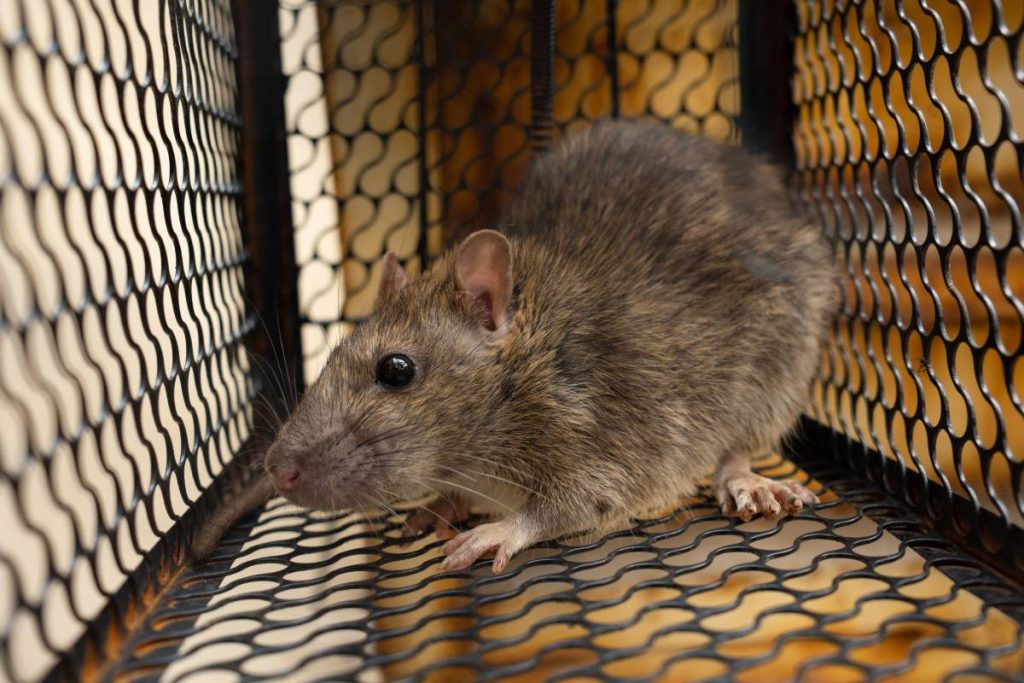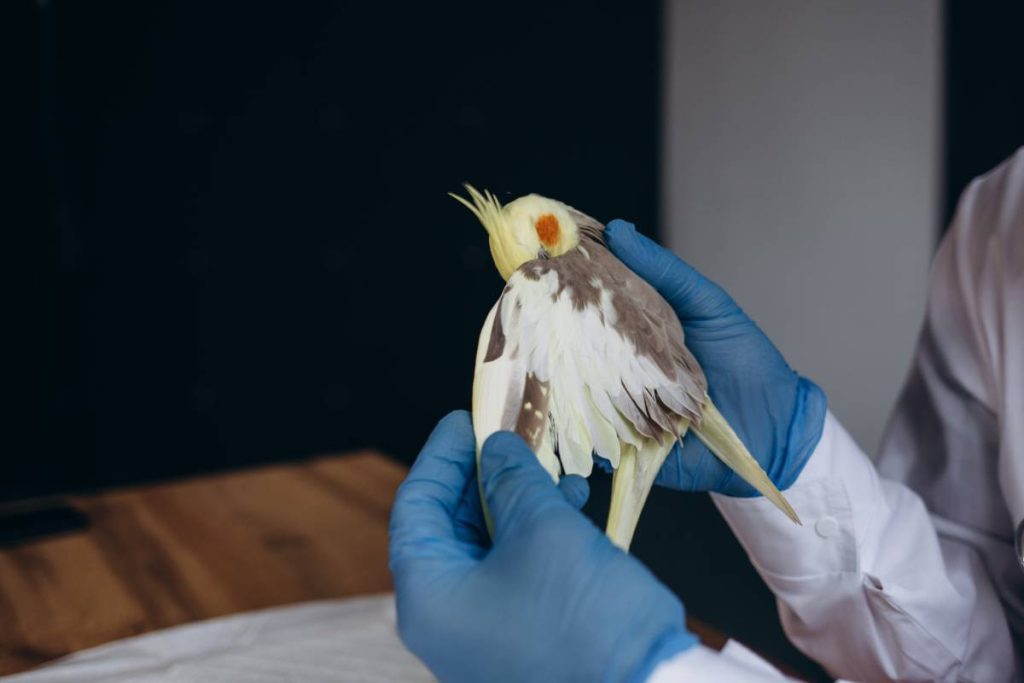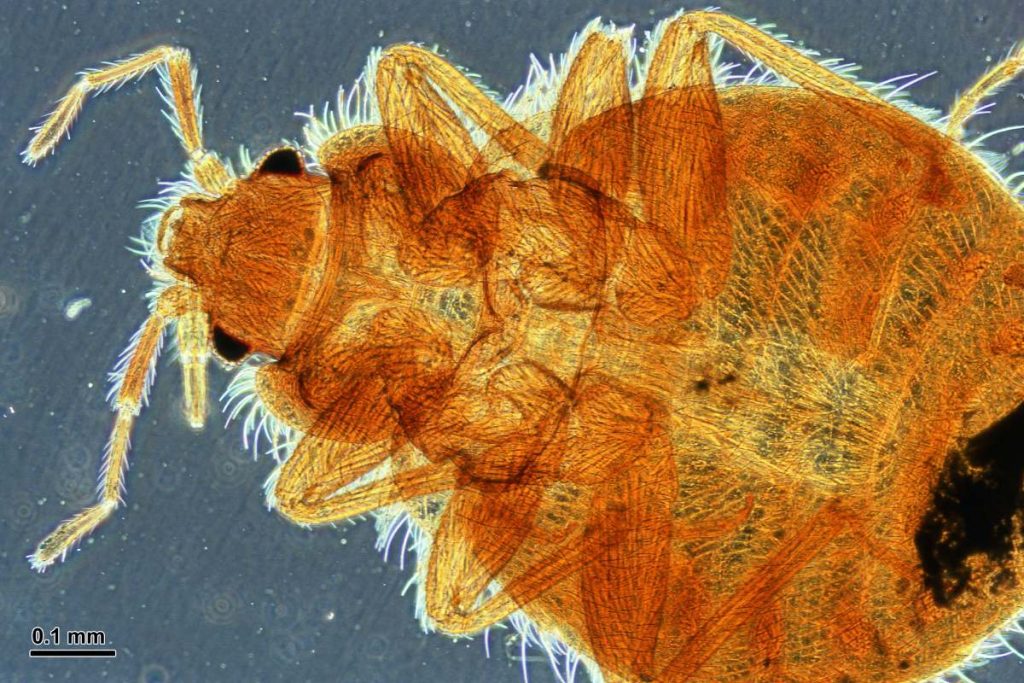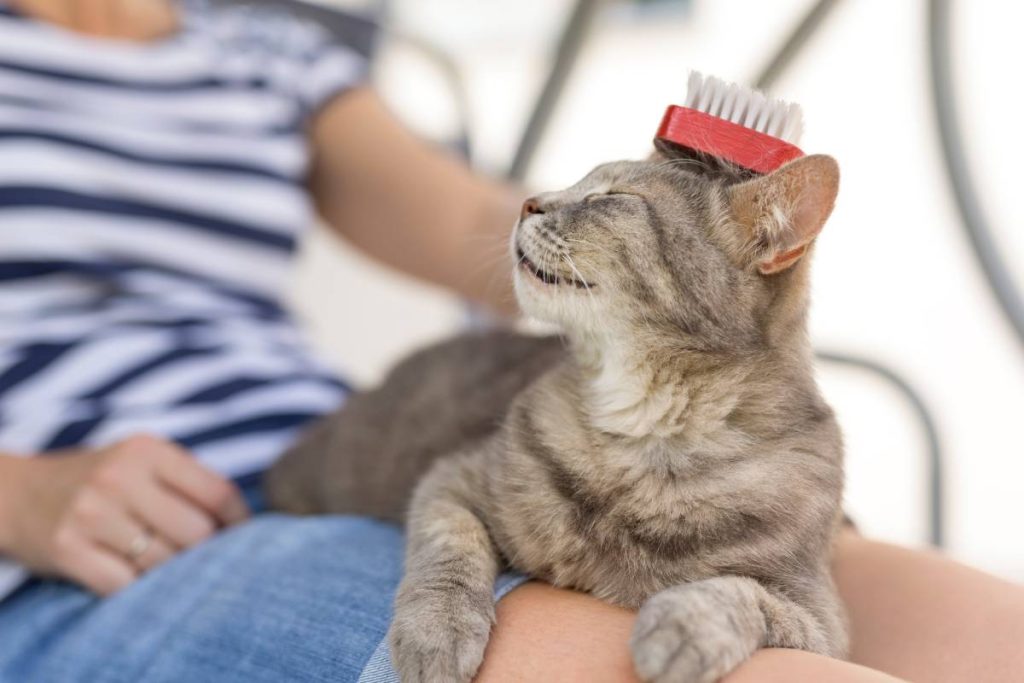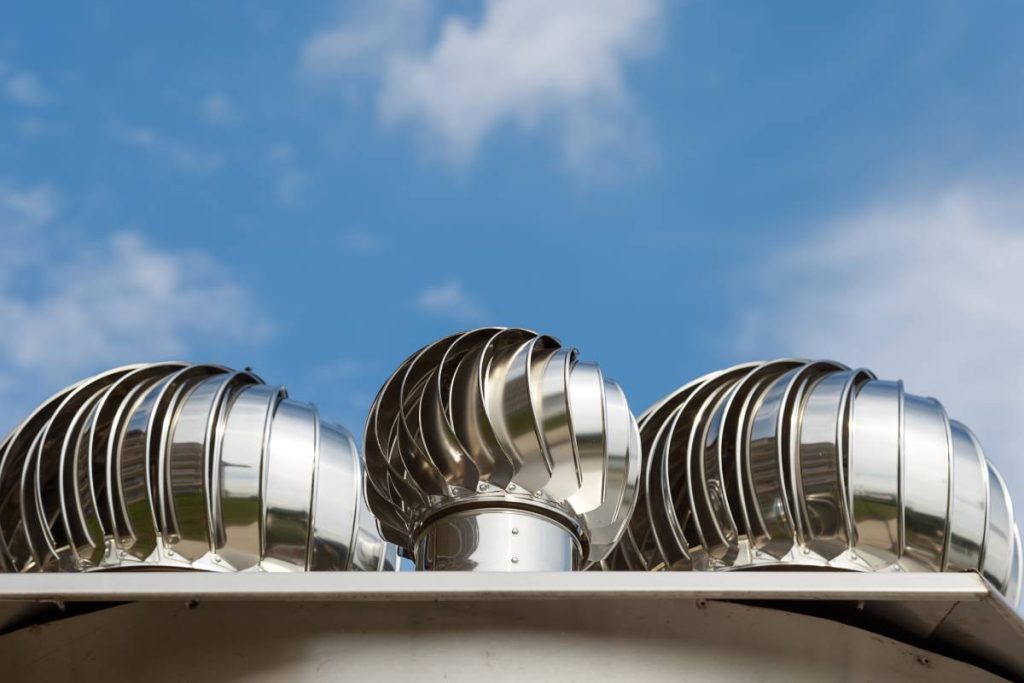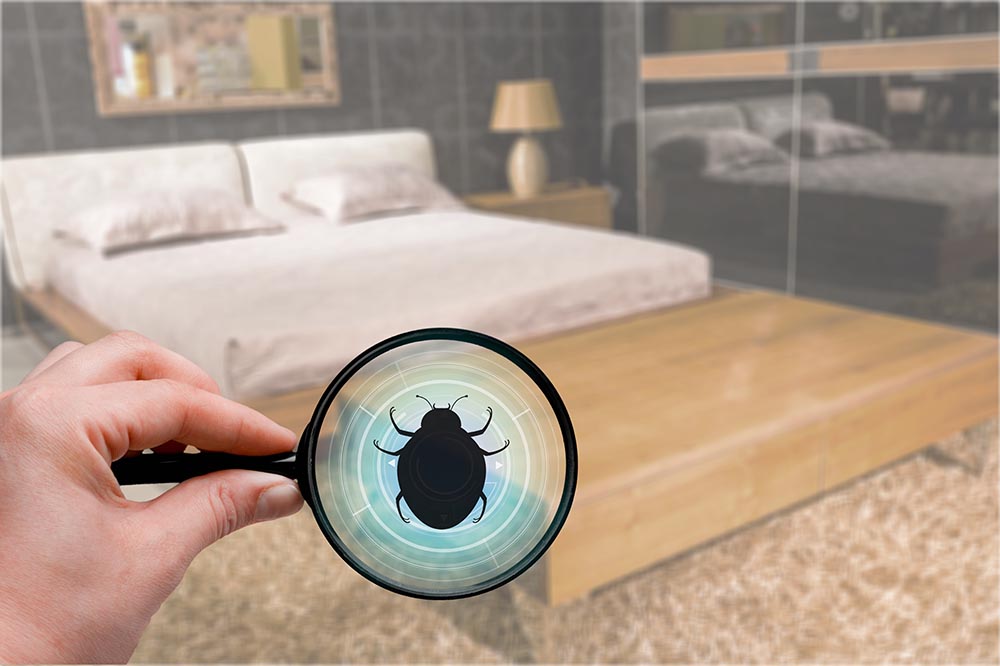If you abduct a cat to neuter it will the cat be the same afterward?
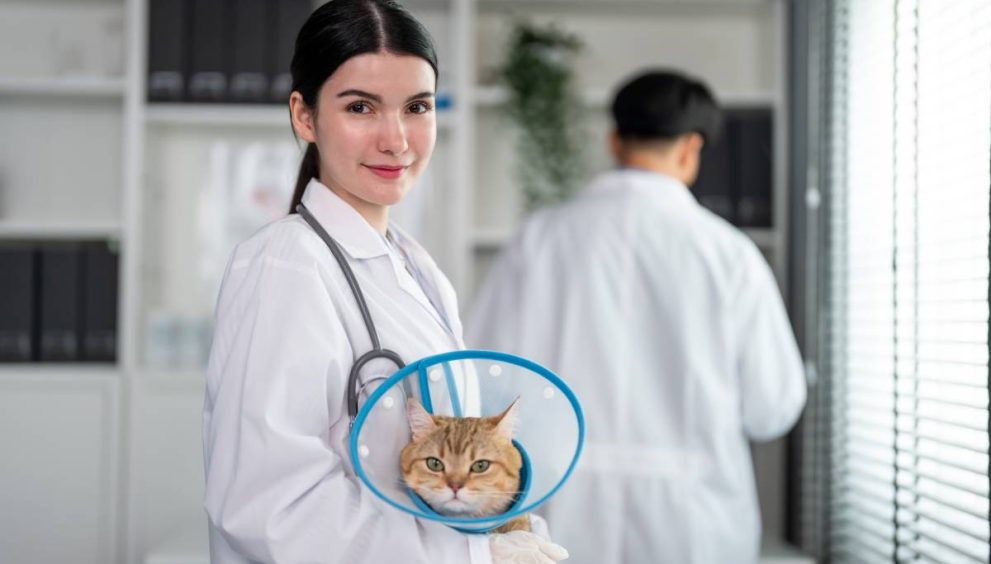
As a responsible cat owner, one of the most important decisions you’ll make is whether or not to neuter your pet. Neutering which involves removing the reproductive organs of your cat is often seen as a key part of responsible pet care.
Yet, many cat owners still grapple with the question: Is it really necessary? What happens if you don’t neuter a cat and how does the decision affect their happiness and overall well being?
This article explores why neutering is essential for both your cat’s health and the broader issue of pet overpopulation.
Whether you’re a first time cat owner or have multiple cats understanding the benefits and consequences of neutering will help you make the best choice for your furry friend.
11 Reasons to Keep Your Body and Mind Healthy for Yourself
What Happens if You Don’t Neuter a Cat?
Neutering or spaying is a procedure that removes the reproductive organs of your cat typically performed at an early age usually between 4-6 months. Not neutering your cat can have several significant consequences both for the cat and the community.
1. Unwanted Litters
The main consequence of not neutering your cat is the risk of unwanted litters, contributing to the overpopulation crisis.
A single pair of cats can produce numerous kittens in a short period overwhelming shelters and rescue organizations.
Many of these cats are not adopted and may face euthanasia or lives in overcrowded shelters.
2. Behavioral Issues
Unneutered male cats are more prone to marking territory with strong smelling urine and becoming aggressive toward other animals.
Intact females on the other hand go into heat leading to loud yowling a desire to roam and disruptions causing stress for both the cat and its owners.
3. Increased Risk of Health Issues
Intact cats are more prone to certain health problems such as uterine infections in females and testicular cancer in males.
Additionally unspayed females have a higher risk of developing mammary gland tumors, some of which can be cancerous.
Neutering greatly reduces the risk of these health concerns improving the overall lifespan and quality of life for your cat.
4. Roaming and Injury Risk
Cats that are not neutered may be more likely to roam in search of mates, which increases the risk of them getting lost, injured, or involved in accidents.
Roaming cats are more vulnerable to car accidents fights with other animals and exposure to diseases such as feline leukemia and feline immunodeficiency virus.
Keeping your cat indoors while a good practice, is harder to enforce with intact cats, who often have an innate desire to roam.
Why is Neutering a Cat Necessary?
Neutering your cat is an essential part of responsible pet ownership. While it’s true that neutering isn’t strictly necessary for the survival of a cat the benefits far outweigh any reasons not to do it. Here’s why neutering is crucial:
1. Preventing Overpopulation
Neutering your cat helps prevent overpopulation by reducing the number of unwanted kittens.
Each unspayed female and her offspring can produce over 2,000 kittens in their lifetime, overwhelming shelters.
By neutering you contribute to reducing this burden and ensure resources are better used for cats already in need of homes.
2. Health Benefits
For male cats neutering eliminates the risk of testicular cancer and lowers the chances of prostate problems.
In females spaying prevents uterine infections and significantly reduces the risk of mammary gland tumors.
As mentioned, some of these health issues can be deadly, and neutering can help your cat live a longer and healthier life.
3. Behavioral Improvement
Neutering reduces the aggressive and territorial behaviors in both male and female cats. Male cats are less likely to spray urine fight with other male cats and roam in search of mates.
Female cats will no longer go into heat, which can cause disruptive behavior including loud yowling and a strong desire to escape and find a mate. Neutered cats tend to be calmer more affectionate, and easier to live with.
4. Better Indoor Living
Neutering also makes it easier to keep your cat indoors. Intact cats especially males are more likely to escape the house to search for mates.
Neutered cats, on the other hand, are generally more content to stay indoors with their owners.
This is especially important in urban areas where outdoor cats face numerous dangers, including traffic, predators and diseases.
5. Cost Effective
Neutering your cat may seem like an added expense, but in the long run, it can actually save money. Unwanted pregnancies can be costly and raising a litter of kittens takes time effort and financial resources.
Additionally, the medical costs associated with treating diseases that neutering helps prevent can be significantly higher than the cost of the procedure itself.
Are Neutered Cats Happier?
One of the key questions pet owners have is whether neutering affects a cat’s happiness. The answer is yes neutered cats are often happier and healthier than their unneutered counterparts.
1. Less Stressful Behavior
Neutered cats tend to exhibit fewer stress-related behaviors. The urge to find a mate can be intense, and the frustration that accompanies unfulfilled mating instincts can cause anxiety and agitation in cats.
By neutering your cat you eliminate the need for these behaviors leading to a calmer and more content animal. Male cats in particular are less likely to fight with other males reducing stress and risk of injury.
2. Better Relationships with Owners
Cats that are neutered often form closer bonds with their owners. Because neutering reduces territorial aggression and mating behaviors cats are more likely to seek affection and companionship from their human family members.
Neutered cats are also generally easier to manage as they’re less likely to engage in disruptive behaviors like marking or yowling.
3. Improved Overall Health
Neutered cats are healthier overall, which contributes to their well being and happiness. With reduced risks of disease and the absence of mating related stress neutered cats tend to lead longer more comfortable lives. They are also less likely to suffer from the frustration and anxiety that comes with unfulfilled mating drives.
Conclusion
Neutering your cat is a responsible and ethical choice that benefits both your pet’s health and the wider community. While not essential for survival, neutering reduces unwanted populations improves behavior, and lowers health risks.
Neutered cats are generally healthier calmer and more content enhancing your relationship with them and contributing to the larger issue of pet overpopulation.
By neutering your cat, you are also helping reduce the strain on shelters and providing a better future for many animals in need.

 English
English 













